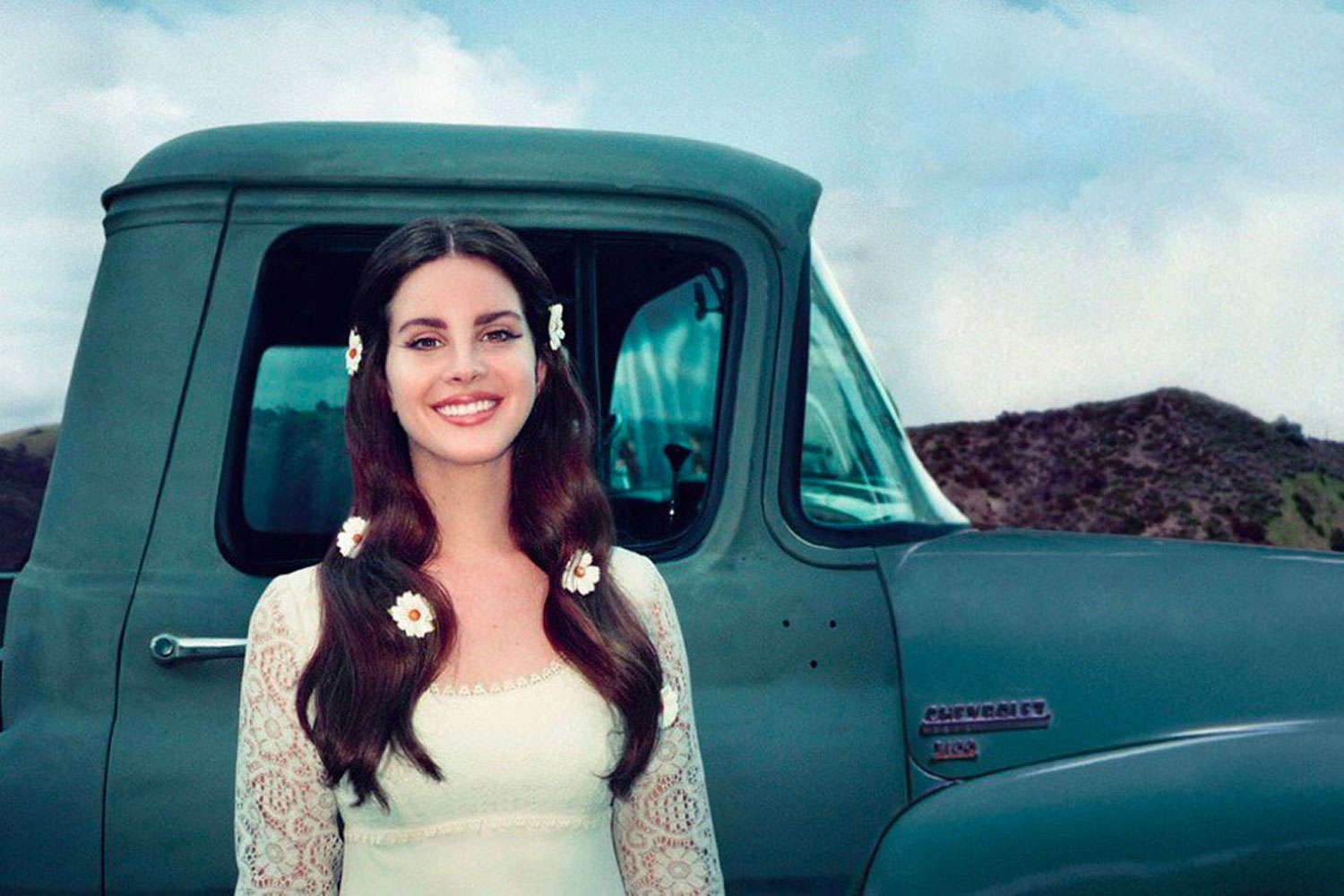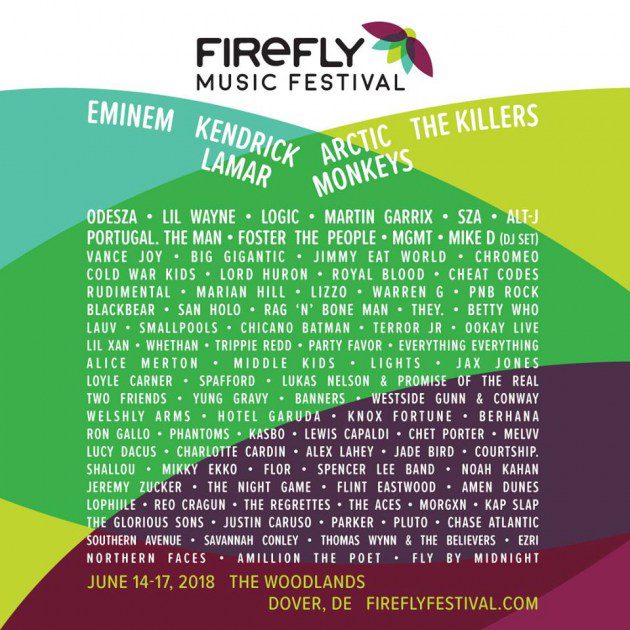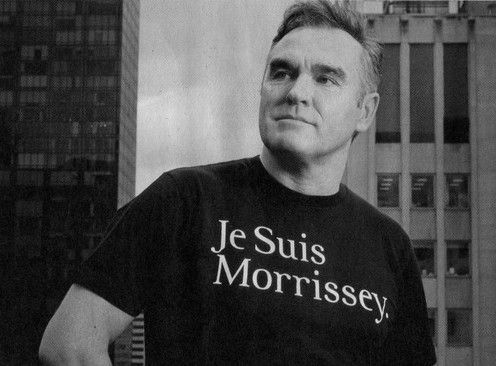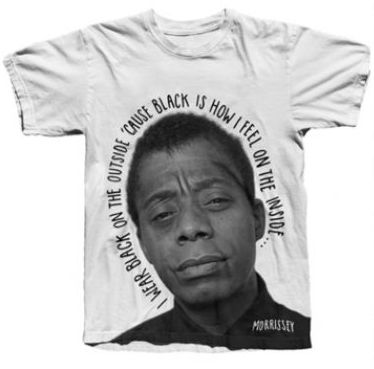
-
Radiohead vs Lana Del Rey
On January 7th, Lana Del Rey confirmed news reports that hinted at a copyright lawsuit with Radiohead. The band is reportedly suing her over the similarities between their 1992 breakout hit, “Creep,” and her 2017 track, “Get Free.” Del Rey tweeted:
“It’s true about the lawsuit. Although I know my song wasn’t inspired by Creep, Radiohead feel it was and want 100% of the publishing – I offered up to 40 over the last few months but they will only accept 100. Their lawyers have been relentless, so we will deal with it in court.”
The situation is considered by many to be the result of the “Blurred Lines Effect” – the 2015 court ruling that awarded $7.4 million in damages to Marvin Gaye’s estate for similarities between Pharrell, T.I., and Robin Thicke’s massive 2013 hit and Gay’s 1977 classic, “Got To Give It Up.” However Radiohead’s publishing company have disputed Del Rey’s claims. Warner/Chappell issued a statement acknowledging that they have been in copyright negotiations with the Lust For Life musician’s label but deny filing a formal lawsuit or demanding 100% of Del Rey’s “Get Free” publishing rights.
Interestingly enough, “Creep” was once at the center of a similar copyright dispute. After the early-nineties release of Radiohead’s single, Brit-pop band The Hollies successfully sued Thom Yorke’s group over similarities between “Creep” and their 1974 hit, “The Air that I Breathe,” which was written by Mike Hazlewood and Albert Hammond (yep, the father of Strokes member Albert Hammond Jr.). “Creep” now lists Hazlewood and Hammond as writers alongside Radiohead. If a court determines that Del Rey’s song does borrow from “Creep,” Radiohead, Hazlewood, and Hammond could all be credited as co-writers of “Get Free.” Compare the three tracks side by side below.
-
2018 Festival Announcements
This week, major spring and early summer festival announcements are helping us defrost from record-breaking cold! On January 10th, South by Southwest released their third round of showcase announcements. Superorganism, Goatgirl, A Place to Bury Strangers, Sunflower Bean, and many more will join the 500+ lineup and perform from March 12 – March 18 this year. Bonnaroo announced that Muse, The Killers, and Eminem will headline the normally rootsy jam-band oriented fest, surprising some. Then on Thursday, Delaware music festival Firefly announced they’d also be hosting Eminem and The Killers as headliners, as well as Kendrick Lamar and Arctic Monkeys, in June. Audiofemme favorite, SZA, will also perform; she is one out of only nineteen women included in Firefly’s ninety-five act lineup. Many have lamented the homogeneity of this year’s festivals, particularly the lack of female musicians. Pop singer and festival circuit staple Halsey tweeted, “Damn guys come onnnnnn. Where the women at….It’s 2018, do better!!!”
-
Other Highlights
The Breeders have announced their first album in ten years, All Nerve, out March 2nd on 4AD, and have shared the title track. The Dandy Warhols are playing two shows in NYC at the end of February. Karen O and Michael Kiwanuka recorded a song for a short Kenzo film (hear it at the 4.45 mark in the video below). Kali Uchis’ brand new song, “After The Storm,” features Tyler, The Creator and Parliament-Funkadelic legend, Bootsy Collins. Sunflower Bean debuted single “Crisis Fest” off of their upcoming sophomore album, Twentytwo In Blue. The album is slated for March 23rd release and is co-produced by members of Unknown Mortal Orchestra and Friends. Taylor Swift’s new video for “End Game” came out yesterday and also stars Ed Sheehan and Future, the lone musicians featured in Swift’s latest album, Reputation. Fifth Harmony ex-member Camila Cabello’s self-titled album was released today and has already risen to the top spot on the charts in more than ninety countries. Wednesday marked the two year anniversary of David Bowie’s death – we still can’t believe he’s gone! #BowieForever






